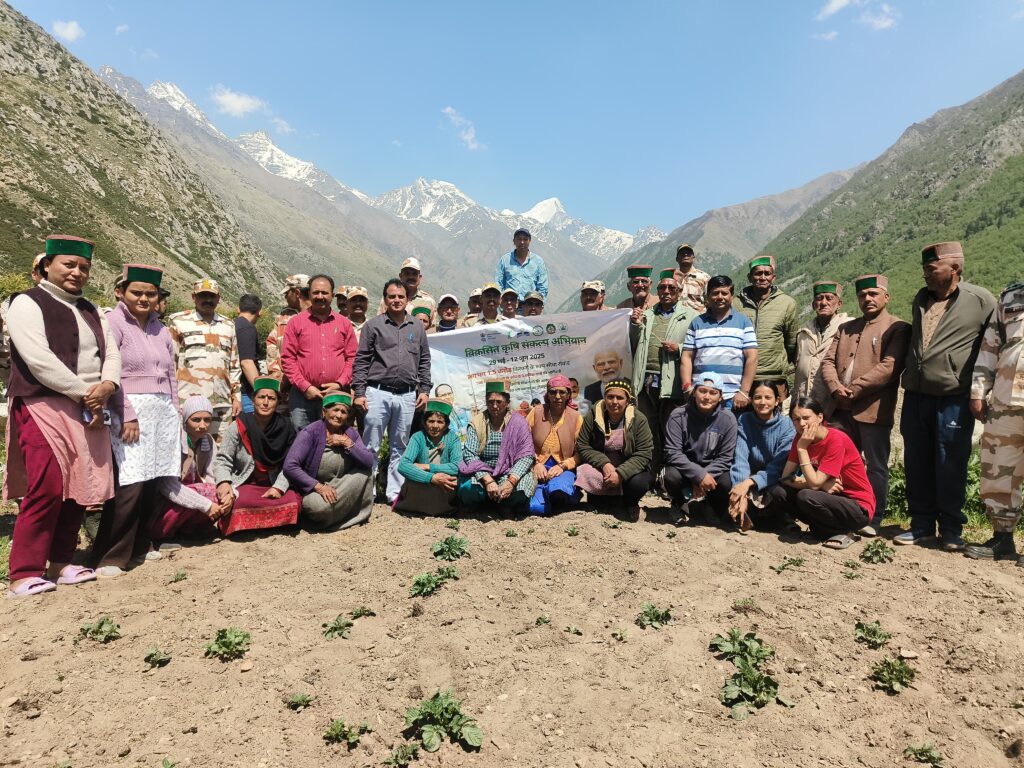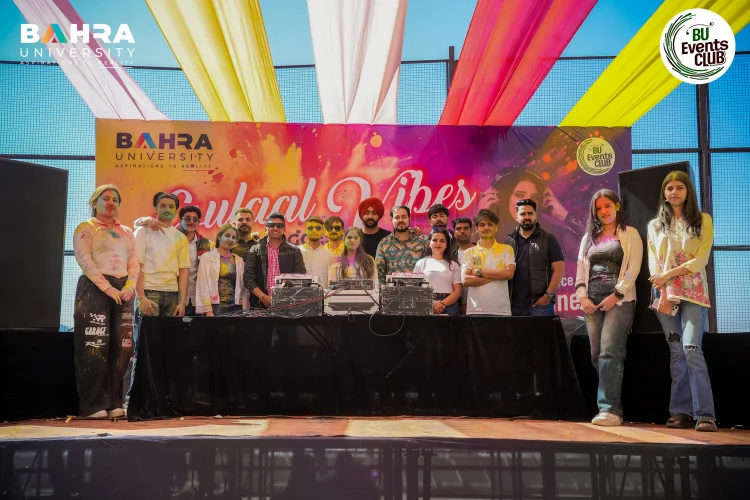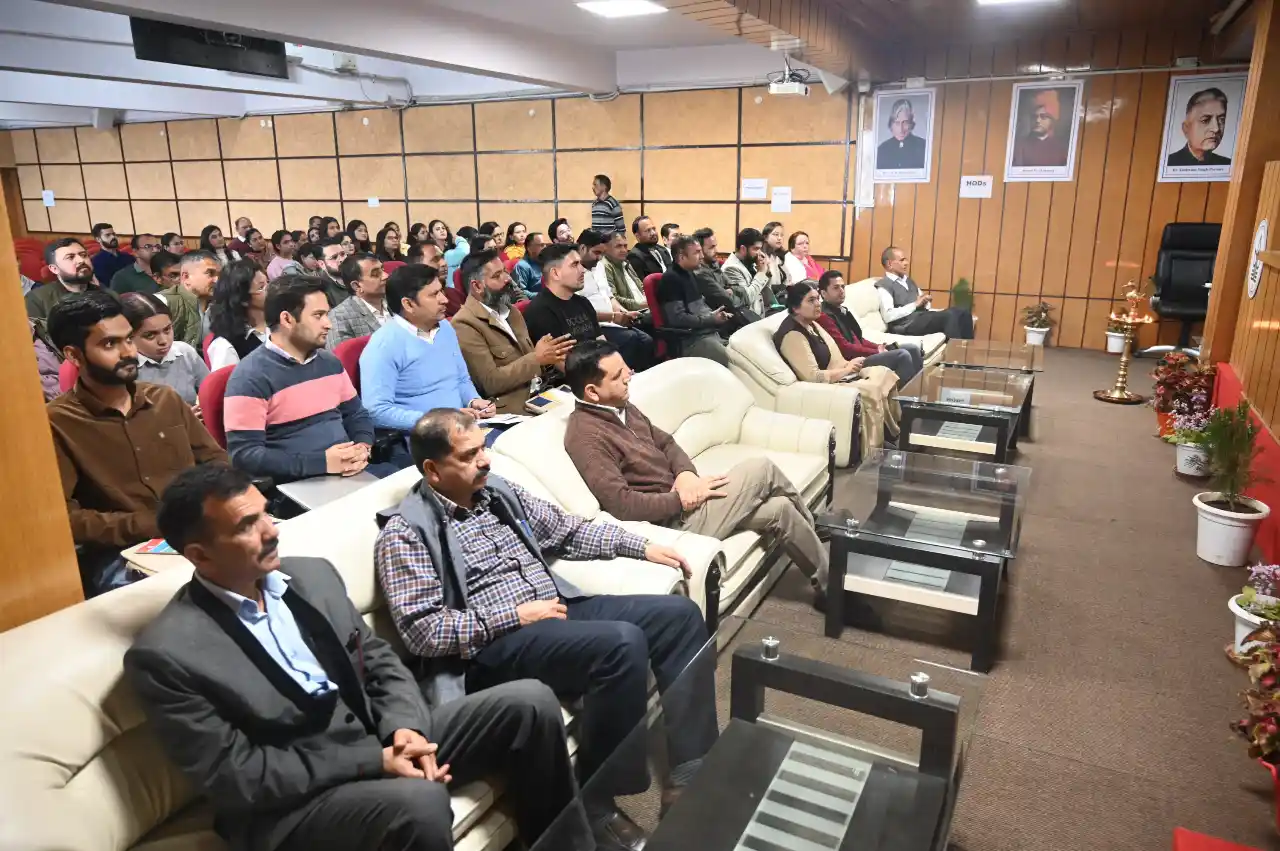Chitkul cultivates Himalayan Harmony and natural Legacy at 11500 Feet
2 min read
Solan, June11
Under the flagship of Viksit Krishi Sankalp Abhiyan 2025, an awareness camp on modern fruit cultivation techniques was organized by the Krishi Vigyan Kendra (KVK) Kinnaur of Dr. Yashwant Singh Parmar University of Horticulture and Forestry, Nauni, Solan. The program was held in the scenic Chitkul village, the last inhabited village near the Indo-Tibetan border at an altitude of 11,500 feet, set amidst challenging yet majestic Himalayan terrain. The event drew vibrant participation from a wide cross-section of the local farmers, youth, Gram Panchayat members, ITBP officers and jawans from nearby ITBP camp. The event was conducted in close coordination with Deputy Commandant Jaswant of ITBP.
Delivering the keynote address, Dr. Inder Dev, Director of Extension Education of the University encouraged local farmers, ITBP officers and jawans hailing from six Indian states—Bihar, Jharkhand, Himachal Pradesh, Rajasthan, Gujarat and Telangana—underscoring the national integration and shared vision of promoting natural farming and self-reliance through the use of local resources for future horticultural diversification and agriculture tourism.
Dr. Pramod Sharma, Associate Director (Research) and Head of KVK, highlighted the importance of initiating fruit orcharding through nature based solutions, the success of KVK Kinnaur’s innovative model of apple on seedling rootstocks using high-density technique which has already been demonstrated in pilot orchards at Sungra, Telangi and Nako regions of Kinnaur.
Dr. Arun Negi, Fruit Scientist shared insights into sustainable fruit cultivation practices, demonstrating income enhancement and environmental conservation. Officials from the Horticulture department and Animal Husbandry addressed various government schemes and technical interventions available for the upliftment of horticulture. Gram Panchayat Up-Pradhan Rajesh urged local farmers to follow the scientific cultivation techniques recommended by KVK experts, ensuring future productivity and sustainability in one of India’s remotest villages. Devki Nandan, ASI of ITBP, acknowledged the deep interconnection between the local agrarian community and the security forces and echoed the importance of adoption of new techniques to promote self-sufficiency in horticultural produce.
This landmark event marked a significant step towards a greener, self-reliant and more resilient Himalayan farming system, firmly aligning with the vision of Viksit Krishi Sankalp Abhiyan of Govt. of India.






